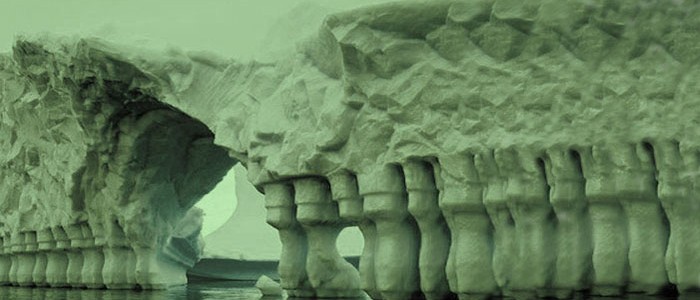Scientifics from Argentina and Malaysia discover bacteria in the floors of Antarctica that can reduce almost 100% the reaction of metal waste that are wrong for these ecosystems. This research is an advance for future jobs that allows to clean ecosystems that were damaged by humans. Dr Walter Mac Cormack, Director of Environmental Microbiology and Ecophisiology Department of Argentine Antactic Institute (IAA)says that the bacteria Pseudomona DRY1 gets the inhibition of 95% of the molibdato, polluting effect. This metal (molibdato) becomes from the human action, basically it comes from iron and steel industry , also from mining and other industrial processes Scientifics check up bacteria DRY1 can develop into extreme conditions, temperatures fluctuate from extremely cold (minus 22ºC) to hot (10 ºC). They get the isolate conditions in the scientific headquarter of Carlini, in the 25 de Mayo Island. The situation of the island was ideal because it allows to test extremely temperatures, and also living with floor in low levels of nutrients and with a high rate of ultraviolet radiation. This discover consists in the bacteria assimilates the molibdato and changes its condition with the enzima. But the Mac Cormark professor points out for cleaning up polluted floor, they should be analyzed every single case: type of pollution, microorganisms that can react, and environmental conditions that takes place. Source: www.dicyt.com: Agencia de Noticias para la divulgación de la Ciencia y Tecnología del Instituto ECYT de la Universidad de Salamanca.



